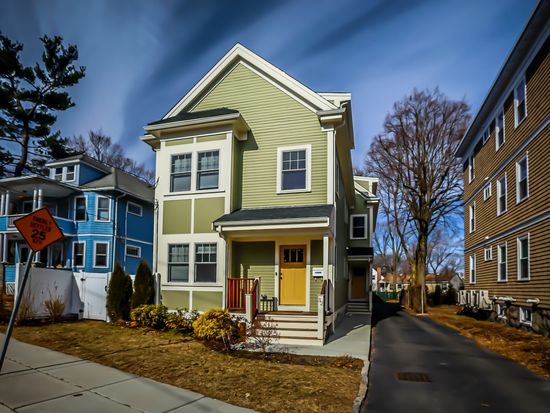“We’re hoping that the units returning to the market will be in the thousands,” Dillon told the Boston Herald this week.
Boston last year banned the use of investor units for short-term rentals via Airbnb and other websites. In November 2018, Airbnb sued Boston in federal court over what it called “draconian” regulations. The company settled the suit in August by agreeing to add a function to its website that asks hosts to enter a city-issued registration number starting Sept. 1. Hosts that don’t provide the number by Dec. 1 will be blocked.
Dillon said an earlier estimate from Airbnb put the number of investor units – measured as units that are rented for most of the year, implying the owners don’t live there – at about 3,000. That’s about half of their listings for the city, the Boston Herald said.
Earlier this year Zillow cited Boston as one of the U.S. cities where the housing shortage has reached a crisis level. A shortage of housing units has been one factor driving both rents and home sale prices to levels that are more than double national averages.
“We’re hoping that more units coming on the market will increase the vacancy rate and units will continue to moderate,” Dillon told the Herald this week. “If we’re building additional housing to influence the rental cost, we need the units that were built to be residential units built to serve full-time residents.”
The average rent in Boston was $3,505 in September, more than double the national average, according to RentCafe. About half the city’s housing units are rentals and half are owner-occupied.
The median sale price of a Boston home was $650,400 in August, according to Zillow. That compares with a U.S. median price of $237,000.





